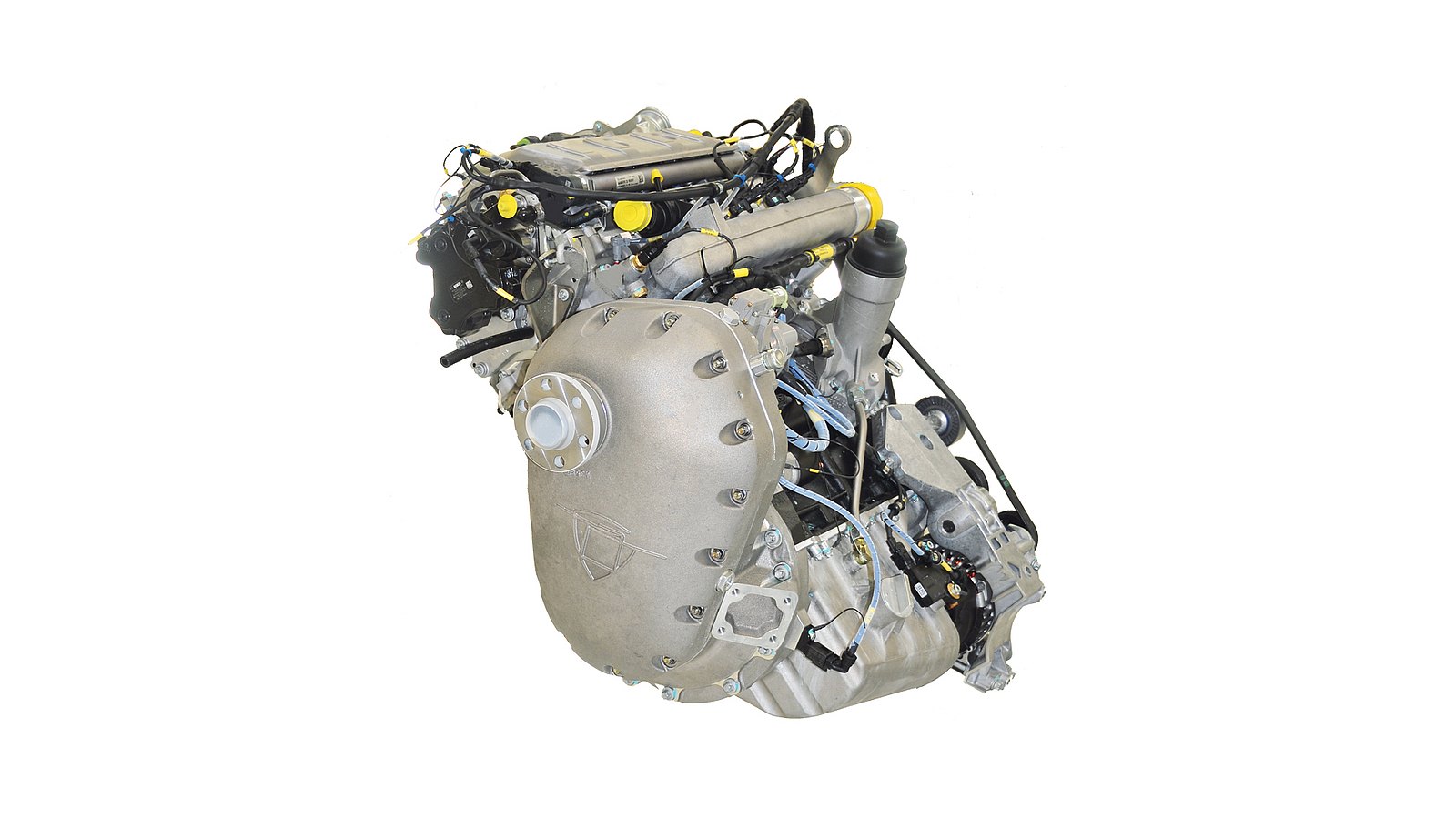Obtain the Perfect Fit with Engines For Africa's Diverse Option
Obtain the Perfect Fit with Engines For Africa's Diverse Option
Blog Article
A Full Guide to Picking the Right Engine for Your Job
Picking the proper engine for your task is an important decision that can substantially impact its general success. It is vital to meticulously define your project needs, review efficiency requirements, and think about user-friendliness alongside other vital elements. Furthermore, comprehending the area support available and inspecting price effects can further fine-tune your option. Each of these components plays a pivotal role in making sure that your picked engine not just fulfills prompt purposes but also aligns with long-lasting ambitions. As we discover these factors to consider, you may locate that the nuances of each aspect reveal more than initially expected.
Define Your Task Requirements
Specifying your job requires is an important action in choosing the appropriate engine for effective application. A detailed understanding of your project's purposes will certainly direct you in determining the capabilities and features called for from an engine. Begin by describing the extent of your job, including the wanted performance, target market, and the certain outcomes you intend to attain.
Next, take into consideration the technical needs that align with your job objectives. This includes reviewing the compatibility of the engine with existing systems, as well as the programs languages and structures that will be made use of. Additionally, examine the level of scalability needed to suit future growth or modifications sought after.
Budget restrictions also play an essential role in specifying your task needs. Establish a clear monetary structure to lead your decision-making process, ensuring that the engine chosen fits within your spending plan while supplying the essential functionality.
Evaluate Performance Demands

Engines that support horizontal scaling are often preferable for bigger applications. Additionally, examine the engine's performance under various problems, such as peak usage scenarios, to guarantee it meets your reliability criteria.
Think About Convenience of Use
While technical specifications are important, the simplicity of usage of an engine can dramatically influence the development procedure and total job success. An instinctive user interface, clear documentation, and streamlined process can significantly reduce the understanding curve for developers, allowing them to concentrate on creativity and analytic as opposed to grappling with complex devices.
When reviewing an engine's convenience of usage, consider the onboarding experience. A well-structured introduction, complete with tutorials and sample jobs, can assist in a smoother transition for brand-new users. Furthermore, the quality and comprehensiveness of the engine's paperwork play an important role; comprehensive overviews and API referrals can empower programmers to fix and execute features successfully.
Another element to take into consideration is the engine's modification abilities. An engine that allows for easy adjustments can be extra straightforward, as designers can customize it to fit their details requirements without considerable inconvenience. Assess the operations integration with platforms and tools you already use. A natural ecological community can boost productivity and reduce friction during the development process. Eventually, choosing an engine that focuses Visit Your URL on convenience of usage can result in a more efficient and delightful advancement experience.
Assess Community and Support
The toughness of an engine's neighborhood and assistance network can substantially influence a developer's experience and success. When analyzing an engine, think about the size and task level of its area.
Furthermore, review the accessibility of main support networks. Dependable documents, responsive consumer support, and routine updates are essential for attending to technological problems and keeping your task on the right track. Engines For Africa. Active neighborhoods additionally promote cooperation, offering possibilities for networking and feedback, which can be very useful, particularly for independent programmers or small groups
In addition, examine the existence of community-run occasions, such as meetups or hackathons. These events can improve your understanding of the engine while attaching you with potential collaborators and knowledgeable users. In summary, a robust neighborhood and support group not just simplify development however likewise develop a setting for learning and development, eventually boosting the chance of your project's success.
Compare Cost and Licensing Options
Budget plan considerations play a crucial role in selecting the best engine for your job, as the expense and licensing alternatives can significantly affect both temporary expenditures and lasting stability. Engines For Africa. Various engines offer varying prices frameworks, which can consist of single acquisition charges, membership versions, or revenue-sharing arrangements based upon your job's incomes

Accrediting choices likewise vary substantially. Some engines are open-source, using versatility and community-driven assistance, while others may require proprietary licenses that limit use and circulation. Comprehending the implications of each licensing design is important, as it impacts possession civil liberties, future scalability, and potential lawful responsibilities.
Final Thought
Finally, selecting the suitable engine for a job necessitates an extensive examination of defined task demands, performance needs, simplicity of use, community support, and price factors to consider. By systematically dealing with these critical factors, decision-makers can ensure placement with both existing and future project needs. A knowledgeable choice inevitably improves the likelihood of job success, enabling reliable resource allowance and making best use of prospective outcomes within the defined budgetary restrictions.
Selecting the proper engine for your project is an essential decision that can significantly affect its general success.Defining your job requires is an essential action in selecting the proper engine for successful application. A comprehensive understanding of your job's purposes will try this guide you in determining the abilities and features required from an engine.As soon as you have a clear understanding of your task index requires, the next action is to examine the performance demands of the engine.In final thought, selecting the proper engine for a task necessitates a complete evaluation of defined job demands, efficiency needs, ease of use, community support, and expense factors to consider.
Report this page